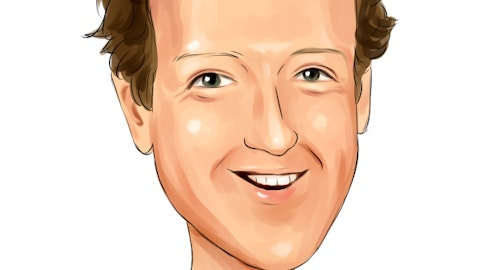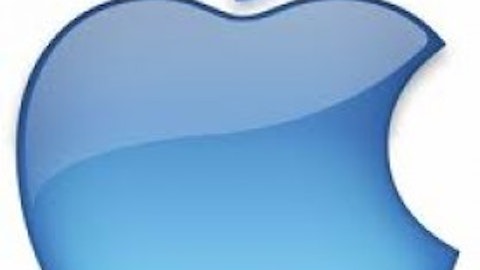
A decade later, the video game industry isn’t the monopoly that it used to be thanks to the rise of smartphones, tablets, and the growing popularity of Facebook Inc (NASDAQ:FB). Some have speculated whether or not people will still buy $60 video games to go with $500 consoles when the hottest games sell for around $3 on $400 tablets and phones. Lucky for gamers, just like how they were the big dogs 10 years ago, Activision Blizzard, Inc. (NASDAQ:ATVI) will be the one that will save the video game industry.
Adaptability and mergers made the company grow
The reason why Activision will save video games should make sense to any enthusiast of Activision Blizzard, Inc. (NASDAQ:ATVI)’s gaming franchises. Probably better than any other company, it has been able to adapt to the changing world of social gaming by introducing offerings that cross generational divides. During the times when the console and the PC were the go to spots for games, Activision was making deals with companies like Marvel and The Walt Disney Company (NYSE:DIS) to produce games based on some of the most popular characters in the genre, such as Spider Man, to build on an already successful console franchise from the days of the Atari and Sega consoles, where Activision Blizzard, Inc. (NASDAQ:ATVI) was the first third-party developer for console gaming, and began investing in PC games in the 1990’s when consoles were starting to go stale.
In the 21st century, Activision knew that it had to go shopping for new developers to keep the company fresh and up to date, and that investment has paid off big time. In 2002, Activision merged with Infinity Ward and signed a product deal with DreamWorks, giving the company control over the successful Call of Duty franchise, which has sold over 124 million units, approximately $7 billion, over a decade. With consoles making a comeback with the 6th generation Xbox and PS2, representing 95% of CoD players, it was a winning scenario for Activision at a cost of only about $500 million in royalty bonuses and the initial $5 million purchase price, probably the steal of the century.
In 2008, at the height of the PC-based role-playing game and real-time strategy game phenomenon, Vivendi, owners of Blizzard Entertainment, merged with Activision to create Activision Blizzard, which now owns the MMORPG game titan World of Warcraft with its 8 million online players and nearly $2 billion in subscription sales for players to become rulers of the Warcraft world. This investment helped Activision Blizzard, Inc. (NASDAQ:ATVI)0 move with the quickly changing video game world, and has kept them competitive.
Zynga who?
Looking forward, Activision Blizzard, Inc. (NASDAQ:ATVI) has to contend with the rise of social media gaming. This became hot a few years ago with Zynga Inc (NASDAQ:ZNGA), which made it big with games like FarmVille and Words With Friends. Using Facebook Inc (NASDAQ:FB) as a medium for game play made Zynga Inc (NASDAQ:ZNGA) one of the hottest stocks of 2010, and Facebook raked in the profits from people paying to maximize the gameplay experience.
In retrospect, this could be considered the beginning of social gameplay that smartphones would pounce on. Facebook Inc (NASDAQ:FB) relied on Zynga for up to 19% of revenue from 2011-2012, largely through advertising and selling Facebook money to be used on-site. Zynga was the No. 1 Facebook game developer, and this helped Facebook stand above the rest of the social media industry by promising fun games that you could play with your friends without ever having to leave home or buy a big, bulky game console.





